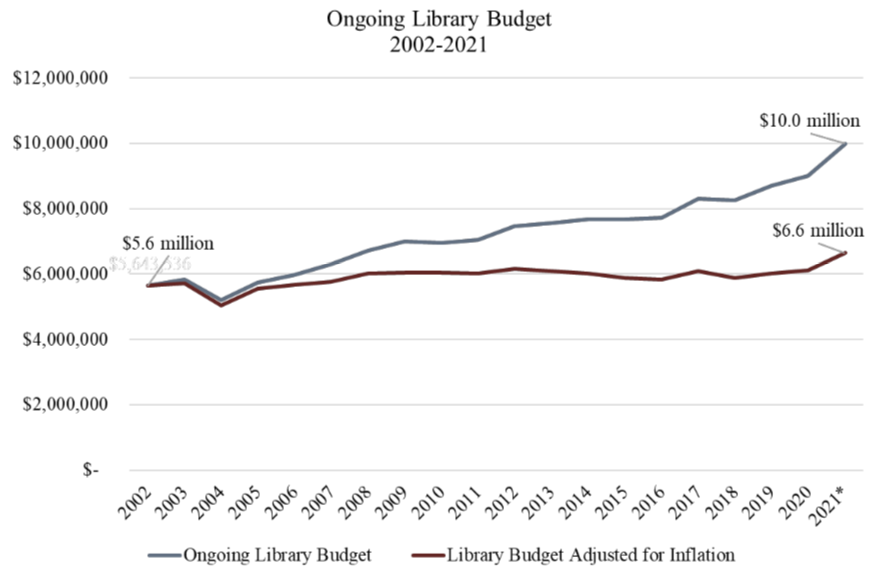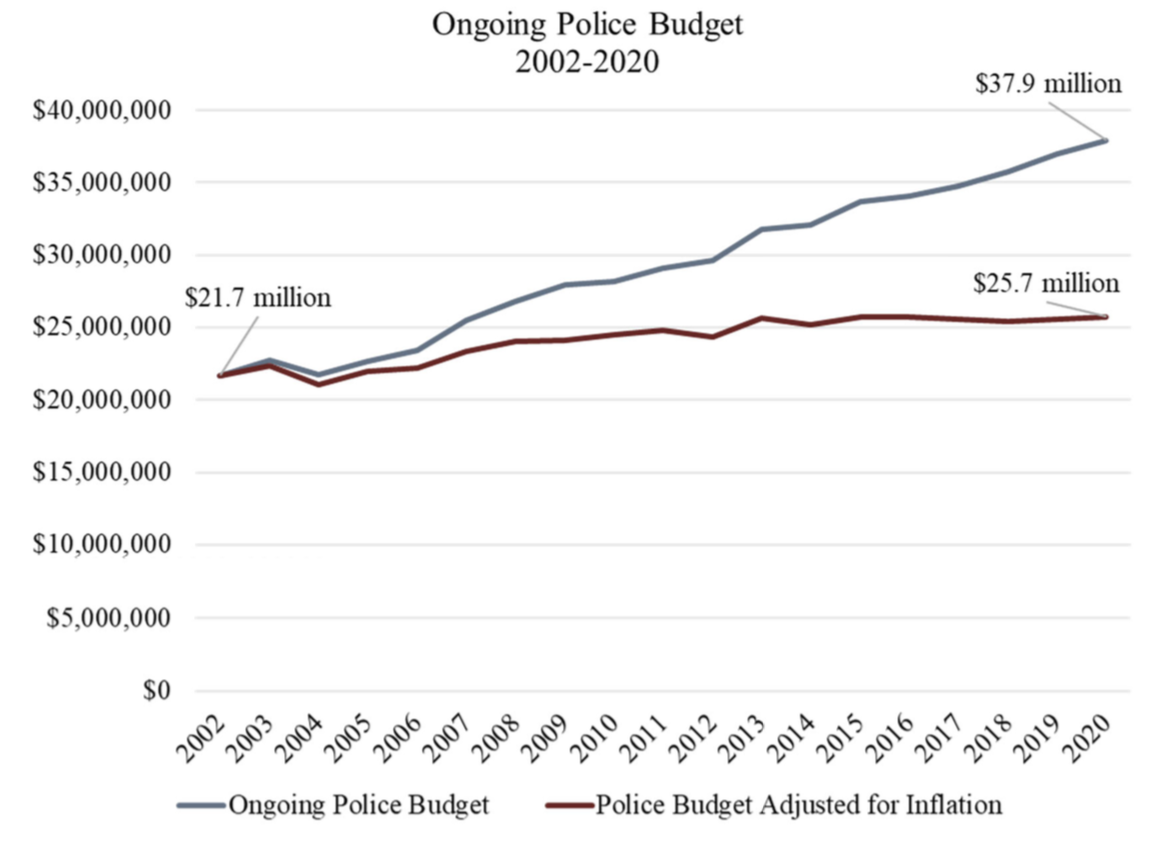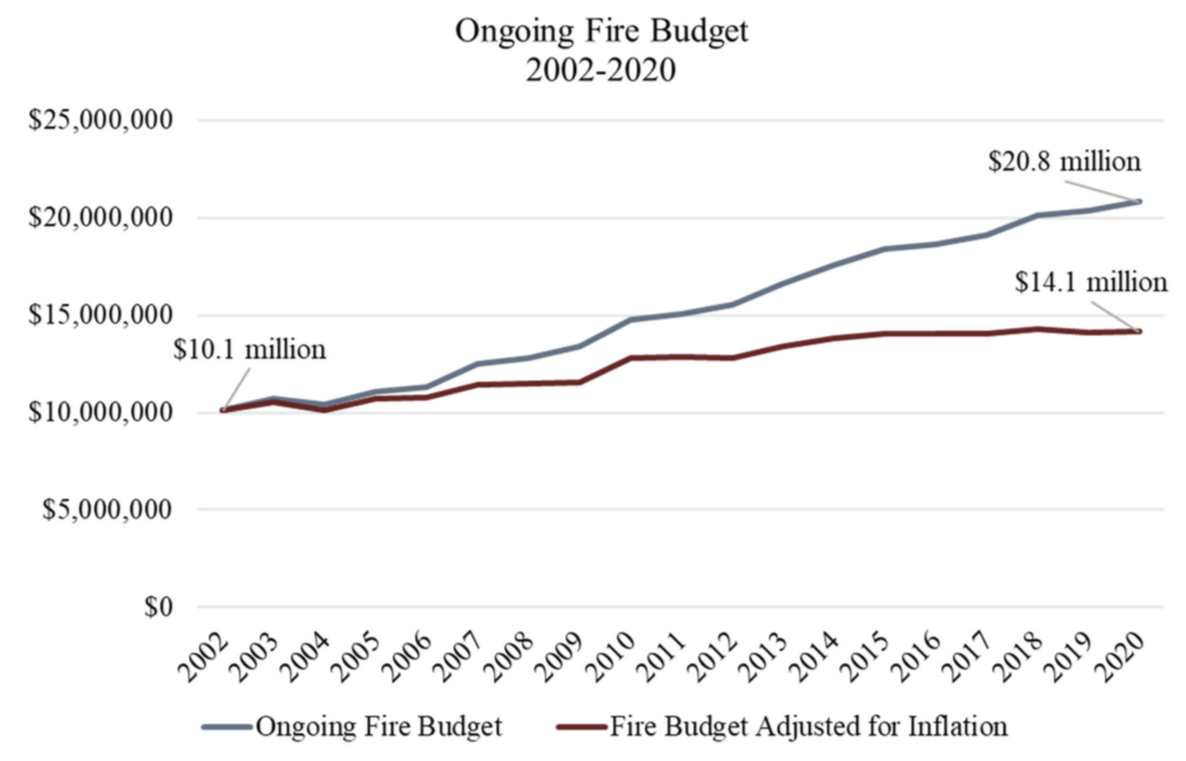Focus will likely be on finances as Boulder again mulls merits of library district

Saturday, March 14, 2020
City council on Tuesday — pending postponement due to the coronavirus pandemic —is again set to debate the merits of keeping the library under municipal control or ceding it to a new government entity. Leaders visited the topic last month, in a discussion that was heavy on the how
of forming and funding a district.
Tuesday’s meeting will likely focus on finances, though council’s skepticism is almost sure to carry over from February. Three questions face officials Tuesday: Go ahead and form the district via an agreement with Boulder County, keep the library under city charge (and risk a possible petition forcing it onto the ballot) or kick the question to voters who — even if Boulder opts for formation — will have final power over a district-funding property tax.
Advocates for a district, which include members of the library commission and a formal group, Library Champions, argue that the system has been under-funded for years. Critics counter that, relative to other departments, the library is doing just fine.
The library’s $9 million 2020 operating budget was 17% larger than its 2002 allotment of $5.6 million, when adjusting for inflation (see below). Most of that money comes from the general fund: $7.5 million versus $1.3 million from the dedicated .333 mill levy. (An additional $200,000 in grants and donations are included in the budget.)

Inflation-adjusted police and fire spending grew 18% and 39%, respectively, over that same time, according to information provided by city staff. Both departments have millions in unfunded needs.
Boulder PD has projected it will need an extra $1-$2.5 million annually to hire more officers; $25-$30 million for more physical space; and $400,000 to $650,000 for a new bomb robot, the department revealed in a mid-2019 budget discussion. The fire department anticipates needing $29-$35 million in additional cash to relocate two fire stations, a training center and gear storage facility, plus ongoing increases of $2-$3 million per year to bring advanced emergency services in-house.
The library has costly needs, too, including $3.3 million in yearly capital maintenance from 2019-2024 that would be addressed more quickly under a district, according to city staff. The library master plan also calls for branches in Gunbarrel and Niwot; Gunbarrel, at least, has been awaiting a library since at least 1987, when funding was dropped during negotiations with city council.
That a significant portion of library users live outside the city — nearly a third, library officials have said in the past, though staff’s recent notes to council presents a lower number: 15-20% — is an argument that has been used for districting. Bringing in more taxpayers will spread the costs more evenly and reduce the per-household burden on Boulderites, advocates say.
The Champions further argue that another set of numbers shows the strain on Boulder’s library: full-time employees per 1,000 served. In 2002, that figure was 0.93, according to a state library database
. By 2018, that had fallen to 0.75 FTE per 1,000 users.
Automation likely played a role. Indeed, per-capita spending rose from $59.21 to $72.03 during that time, though Library Champions argue that number paints an inaccurate picture since it doesn’t include users outside city limits. Boulder’s population has grown more slowly than elsewhere in Boulder County; the city actually lost residents
in 2018.
Those per-capita numbers also aren’t adjusted for inflation. In 2018 dollars, $59.21 is equivalent to $82, using the Bureau of Labor Statistics’ simple inflation calculator (that doesn’t account for regional variations).
The library has faced pressures, including suggested cuts in 2018 that were reversed after community outcry. It has since received $700,000 in extra funding, primarily for the under-construction North Boulder branch, a priority since the 1995 adoption of the area’s subcommunity plan.
Council members contend that, although Niwot and Gunbarrel outposts would be nice, they’re not necessary in the constrained budget scenario Boulder may find itself in as sales tax growth slows — a situation predicted to worsen in the near future as residents forego restaurants and retails due to coronavirus concerns.
Boulder’s budget process kicks off next month. Council will, for the first time, be taking a comprehensive look at the city’s long-term financial situation.
That and all other council business is, of course, subject to change as the pandemic proceeds. Elected officials will gather Tuesday to pass an emergency measure authorizing virtual meetings; all other agenda items are TBD. More information is expected Monday afternoon.
Author’s note: This story will be updated as more information becomes available.
— Shay Castle, boulderbeatnews@gmail.com, @shayshinecastle
Want more stories like this, delivered straight to your inbox? Click here to sign up for a weekly newsletter from Boulder Beat.
Budget Governance ballot Boulder Boulder County Boulder Police Department budget Bureau of Labor Statistics capital maintenance city of Boulder COVID COVID-19 election 2020 general fund Gunbarrel library Library Champions library district Niwot North Boulder pandemic petition property tax sales tax




2 Comments Leave a comment ›